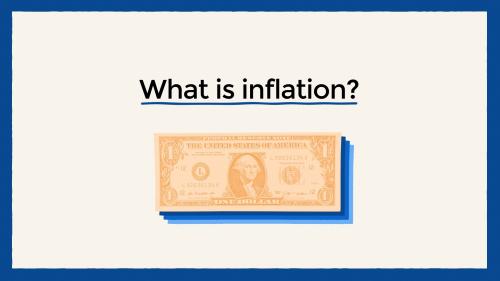“There is no particular reason to worry about one year’s budget deficit,” writes Henry Aaron in a primer for the New Republic that coincides with the Congressional Budget Office’s latest projections on the long-term federal budget deficit. “We might decide,” he continues, “as a country, to run temporary deficits for any number of good reasons—to finance a war or deal with a natural disaster, for example.”
Aaron, the Bruce and Virginia MacLaury Chair and a senior fellow in Economic Studies, also notes potential dangers, including rising interest payments on outstanding debt and slowing economic growth, “if the government runs consistently high deficits, even when the economy is strong.”
Read the full piece to find out why Aaron says deficits can sometimes be good, how big the current deficit is now and historically, and what the deficit could look like in the future.
See also William Gale’s “Six Takeaways from CBO’s New Long-Term Budget Outlook,” in which he writes that the CBO’s outlook “is more evidence that the long-term federal budget problem may be forgotten, but it is not gone.” Gale, also a senior fellow in Economic Studies, is the Arjay and Frances Fearing Miller Chair in Federal Economic Policy.
Finally, Senior Fellow
Louise Sheiner
, policy director for the
Hutchins Center on Fiscal and Monetary Policy
, along with Brendan Mochoruk, writes about the uncertainty in health spending growth as “one of the key drivers of the nation’s long-term fiscal outlook.” In “
Health Spending 25 Years Out
,” they write that “A key question for economists and policymakers is:
how to think about this uncertainty: how should recognizing how little we know about the future affect our policy choices today? Some analysts believe that we should take action now to insulate us against the risk of larger-than-expected budget imbalances in the future. Others—particularly those who are very hopeful about future health cost growth—prefer “watchful waiting.”
See all Brookings research and commentary on the federal budget here.



Commentary
Budget Deficits Can Sometimes Be Good, But There Are Dangers
July 16, 2014